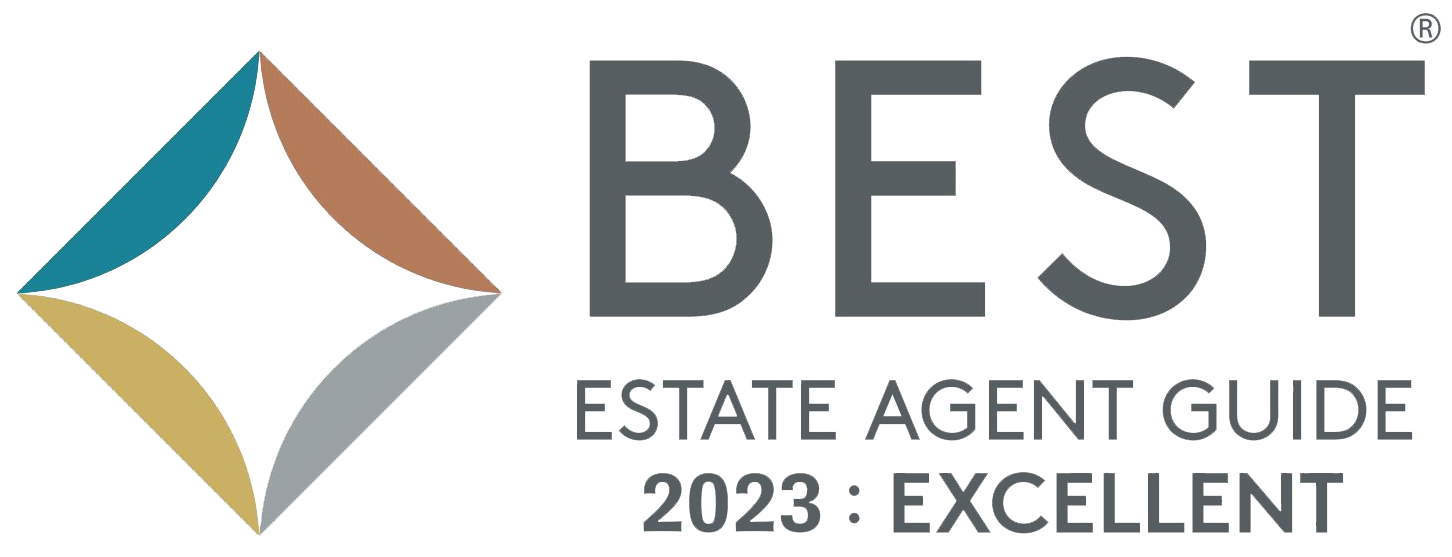Firstly, open communication is key. Encourage your tenants to voice any concerns early on, allowing you to address issues before they escalate. A simple, calm, and professional conversation can often nip a problem in the bud.
Secondly, document everything. Keep detailed records of all agreements, notices, and communications with your tenants. This paper trail can prove invaluable if you need to escalate the dispute to mediation or legal action. It serves as a clear record of what has been discussed and agreed upon.
Thirdly, understand your legal obligations. Both landlords and tenants have rights and responsibilities under the law. Being fully informed about these legalities will help you handle disputes within the legal framework and avoid potential legal repercussions.
Fourthly, negotiation is your friend. Before pursuing formal dispute resolution, try to negotiate a mutually acceptable solution. Often, tenants will appreciate your willingness to compromise, and it can lead to a quicker, less acrimonious resolution.
Fifthly, don't be afraid to use mediation services. If negotiation fails, consider using a professional mediation service. Mediators are skilled in facilitating discussions between disputing parties to help them reach an agreement without needing to go to court.
Lastly, follow formal procedures. If a dispute cannot be resolved through mediation, you may need to follow formal legal procedures. Ensure you follow the correct process, whether it involves lodging a claim with a small claims court or seeking eviction through the proper channels.
By handling disputes efficiently and professionally, landlords can maintain a positive atmosphere and stable tenancies, while safeguarding their property and ensuring compliance with rental laws. Effective dispute management not only protects your assets but also contributes to your reputation as a fair and reasonable landlord. So, let's turn those disputes into opportunities for better understanding and cooperation!











